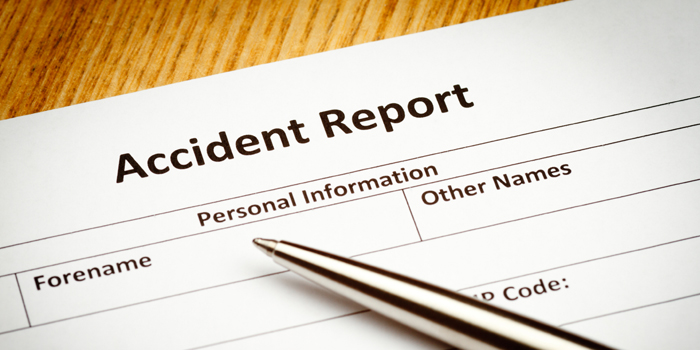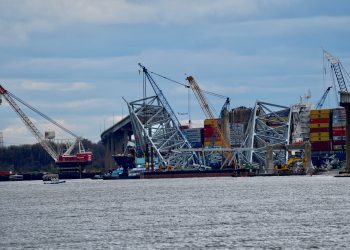When at sea, numerous of safety events often make their appearance either due to wrong decisions or bad manipulations. These incidents, regardless their importance, can help companies to improve their safety performance in order to prevent reoccurrence. In essence, post-incident reviews or in other words, incident investigations, may be used as lessons learned to highlight what went wrong and what should have been done to prevent same failures in future.
- Safety Management: Why SMS are important
- Safety Management: How can shipping companies become High Reliability Organizations?
- Safety Management: Safety Culture vs Safety Climate – What’s the difference?
- Safety Management: Measuring Maturity
- Safety Management: Why Quality is important among shipping organizations
- Safety Management: Why audits are important
- Safety Management: Learning about Safety Surveys
- Safety Management: Evaluating a Crew Resource Management training
- Safety Management: How post-incident reviews can be a useful tool
- Safety Management: How to define and measure KPIs effectively
Preparing for a post-incident review: key actions
Firstly, in order to understand why a failure happened on board and answer the important questions – what, how, who and why – data gathering is vital. Regardless the nature of the incident, important data need to be collected such as paper documents, electronic data, physical data, and position / location. Data gathering is done by interviews of key personnel and the collection of physical, position and location data, using such things as photographs, VDR recordings, charts, logs, or any damaged components. Furthermore, information should be gathered regarding safeguards in place to protect the persons on board and the public, and the operational systems with impact to the event.
Then, the investigation team should proceed with an inspection of the site to gather preservation and recording of physical evidence including automatically recorded data and photographic evidence. Subsequently, witnesses should be interviewed, including those injured if possible. All documents, records and procedures should be reviewed, establishing a credible chronology of events using the final event as a starting point. It is useful to collect background data including all applicable procedures, legislation, local bye-laws, plans, operating manuals etc, records of instructions/briefings given on the particular job being investigated, location plans and drawings particularly those of a contemporaneous nature, command structure and persons involved, messages, directions etc given from all sources concerning the work.
Moreover, a risk assessment matrix should be used, in order to identify the true potential of the incident and therefore the seniority of the investigators, the size and composition of the team and the degree of detail of the investigation. As soon as the above data has been collected, the incident is understood, and human errors, structural/machinery/equipment/outfitting problems, and external factors that led to incident, have been identified. Next step is to better understand causal factors that contributed to near-miss. These will be identified using relevant company’s form on Incident Investigation and Root Cause Map.
Workplace accidents, and near misses should be investigated as soon as possible and take the corrective actions immediately in order to help prevent other people from being injured. Except from this, the accident scene is likely to change rapidly after the accident due to normal plant activity and clean-up and repairs that may follow an incident. Additionally, environmental factors, such as weather and lighting, also could factor into the incident and the investigator will need to capture this information. Furthermore, as time passes, facts may be lost or obscured through loss of memory or reshaped through one’s own opinions or the opinions of peers. Sometimes, facts are changed to protect co-workers.
By the end of the investigation process, recommendations need to address all of the identified causal factors to improve organizational and shipboard policies, practices and procedures. Implementing appropriate recommendations is the key to eliminating or reducing the potential for the reoccurrence of similar incidents.
Key content of an Investigation Report
The report is a summary of the investigation which communicates critical facts, makes a record and gives feedback to help appraise investigator’s performance in problem solving. A report should:
- Identify information
- Describe what actually happened
- Root Cause analysis
- Action plan
- Include references to legislative requirements
- Include a timescale for closing out of corrective actions
Investigation Follow up
It is company’s responsibility, and more specifically the responsibility of DPA to review and asses the report, inform the top management or any other interested party (e.g. flag state, third parties etc.), follow up the recommendations made and ensure that trend analysis of all reports is incorporated in the Management Review.
Conclusions
If the required steps are followed as appropriate during an incident investigation the effectiveness of the whole process is certain and company’s workforce will learn from these incidents. In fact, shipping companies should mostly focus on minimizing the severity of the incidents, or its loses rather than minimizing the number of the incidents because there are actually learning opportunities which can lead to future improvements.




























































